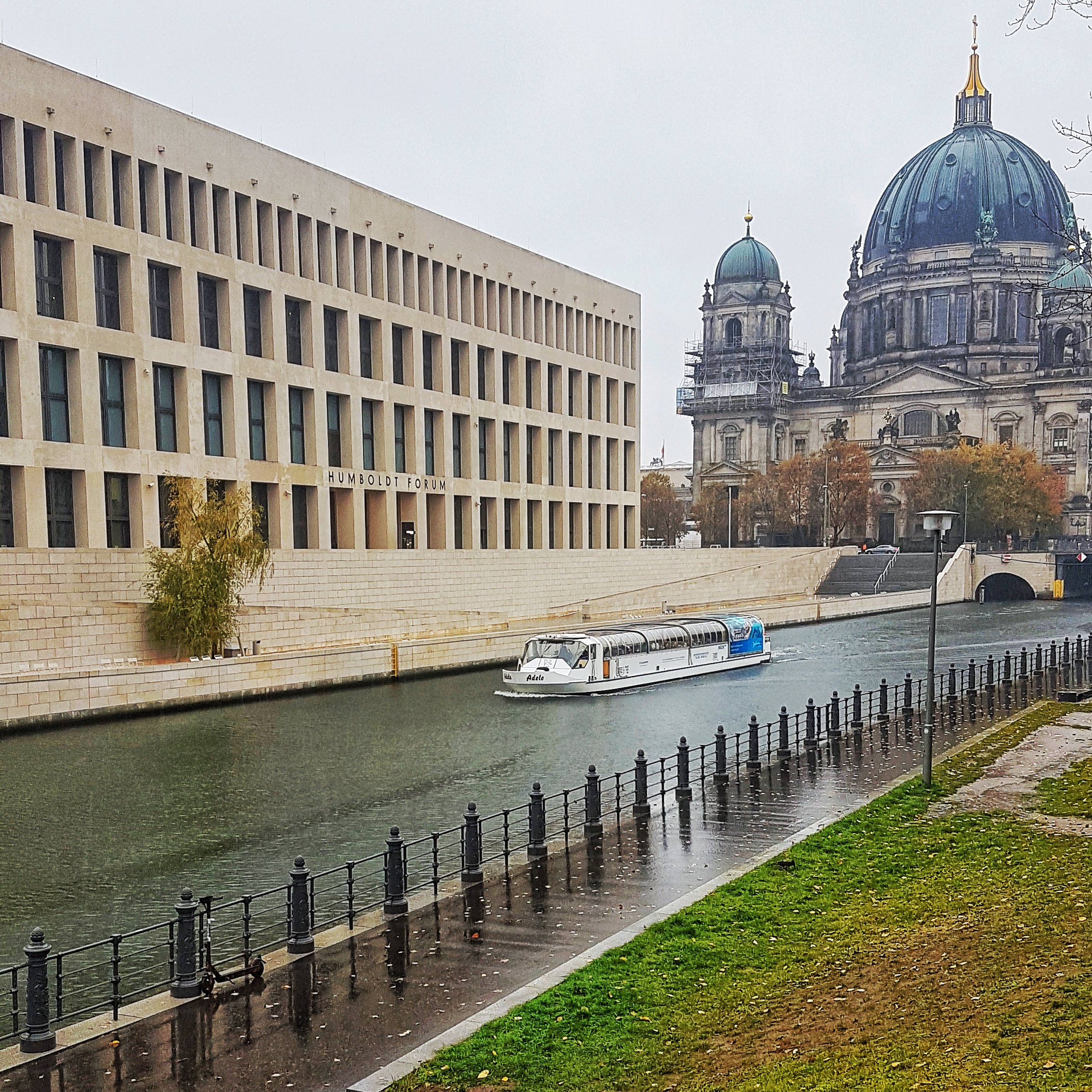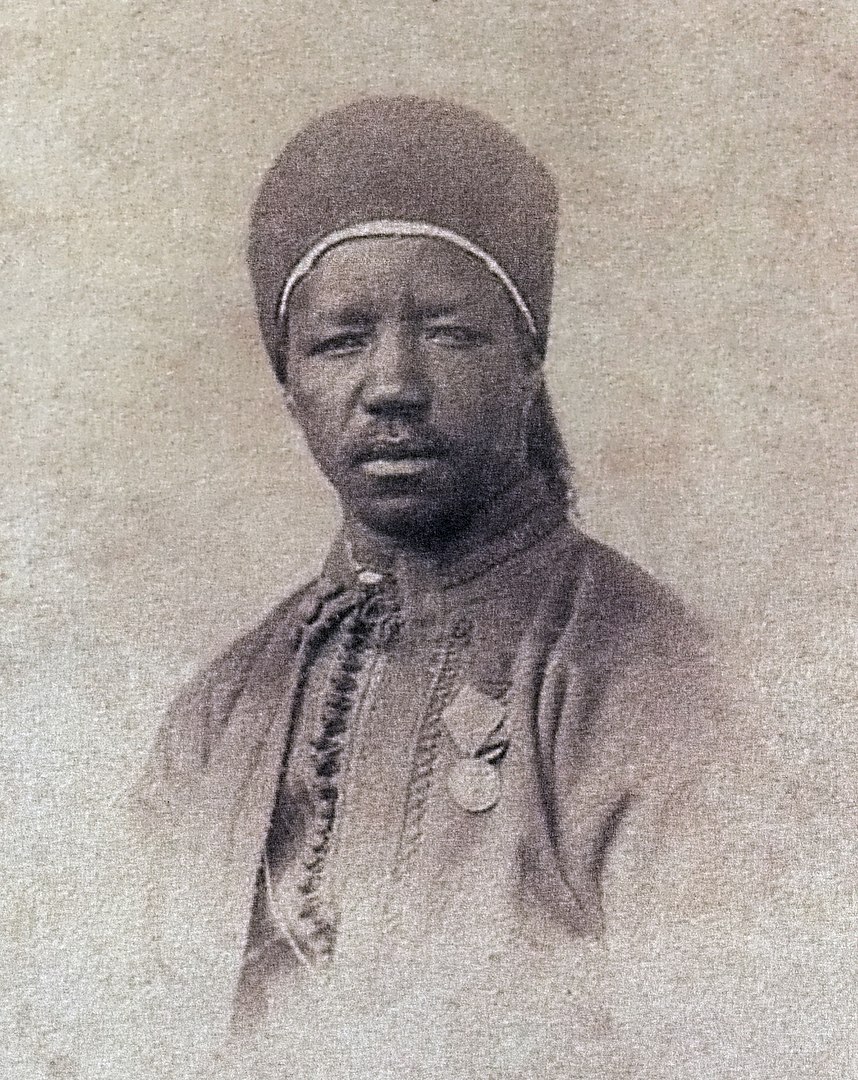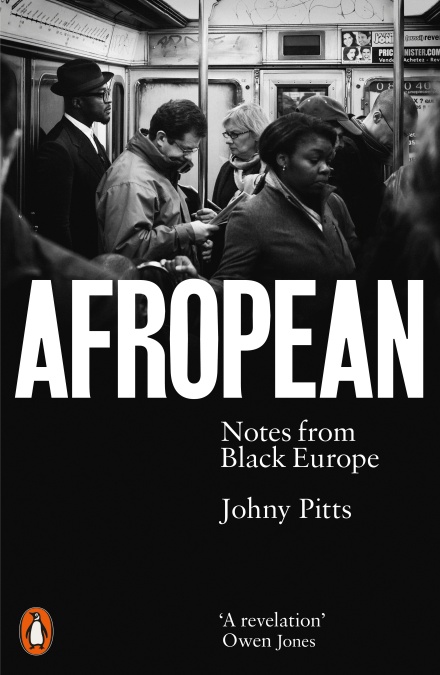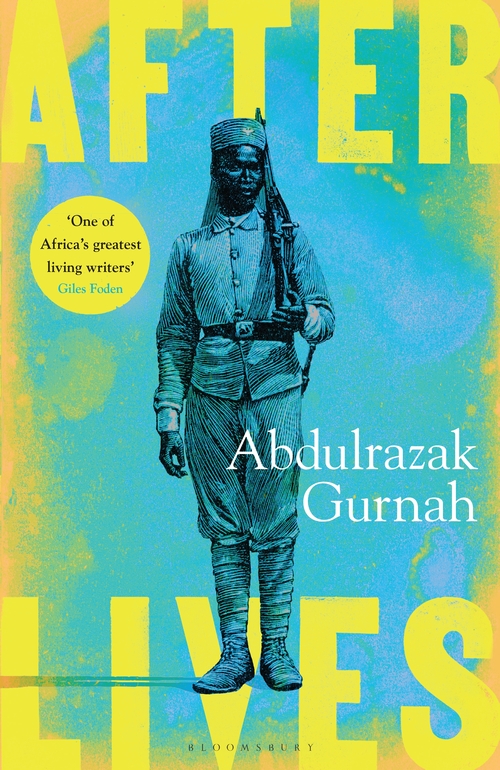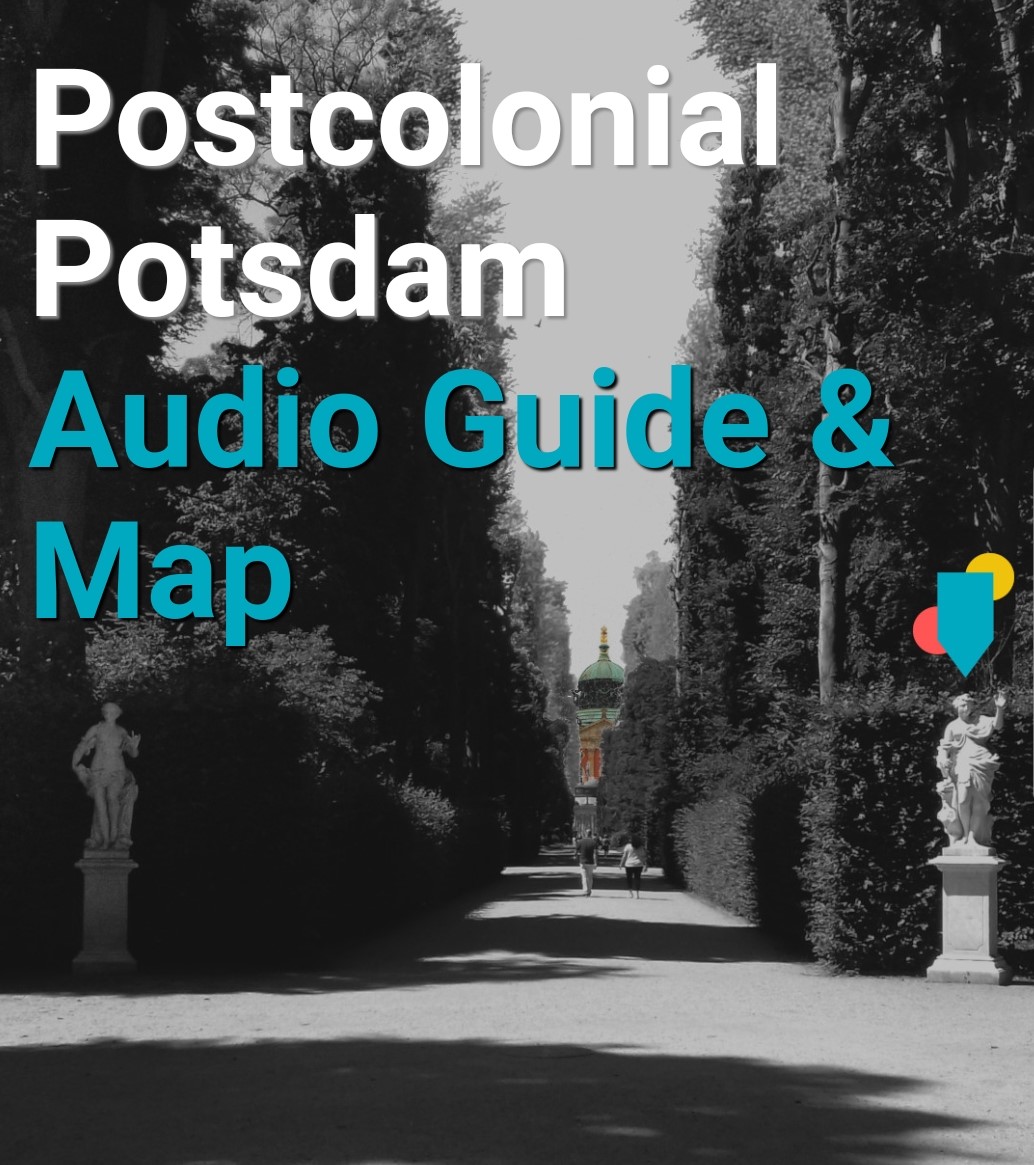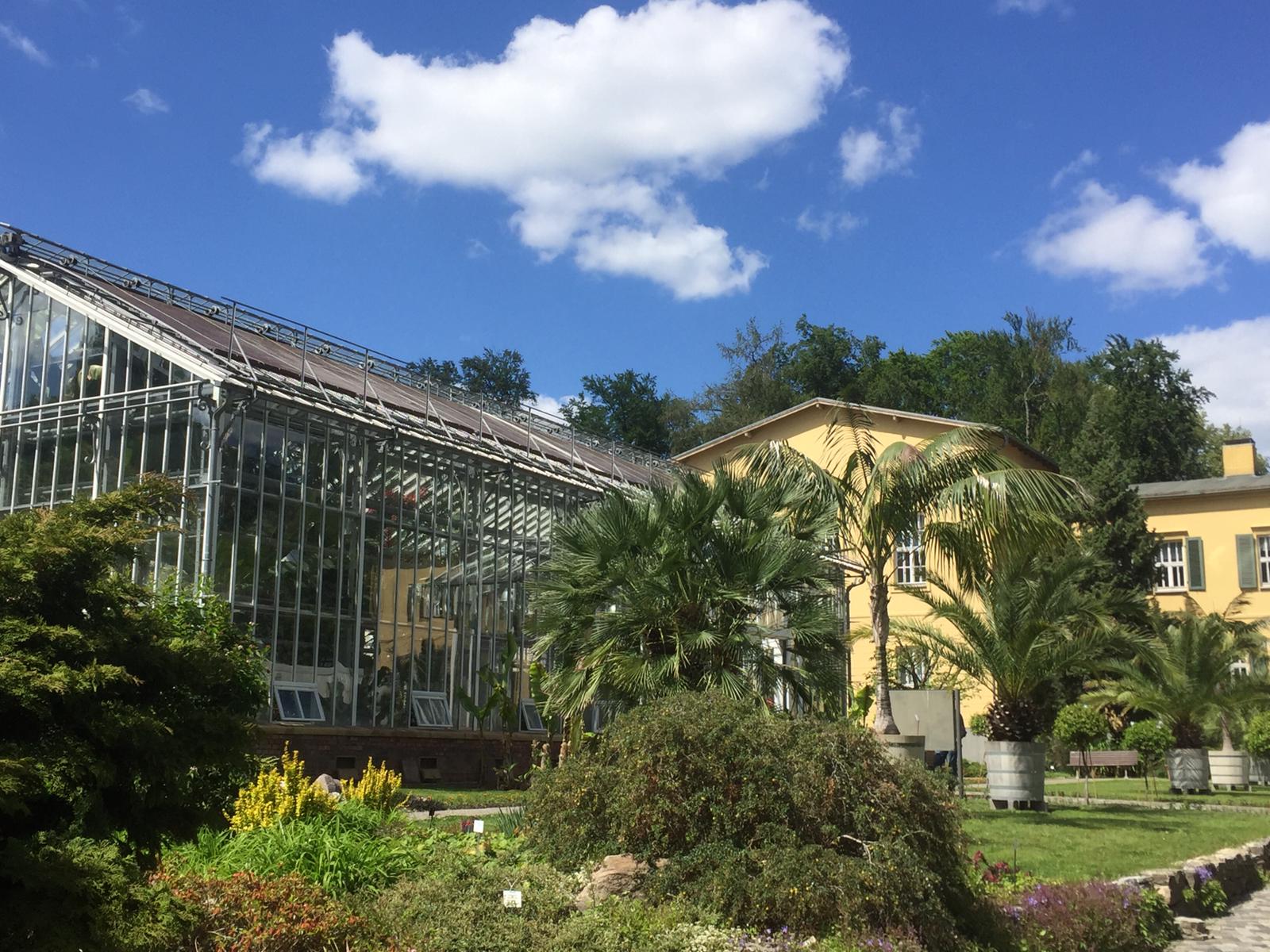The Humboldt Forum in Berlin has been a controversial point of discussion for what seems like forever. The debate about this addition to the urban and cultural landscape of Berlin has revolved around a number of issues, including the history of the site, the cost of the project, and not least the objects to be exhibited there. It is this last point that is of particular interest to us at poco.lit., since the Forum is set to be the new home for Berlin’s ‘non-European’ collections.
more...
In the course of our Green Library series, we were lucky enough to chat to the acclaimed author of Dark Emu: Aboriginal Australia and the Birth of Agriculture about this earlier book and his work cultivating Aboriginal farming methods on his farm in eastern Victoria.
more...
Although Black German history goes back several hundred years, it is often difficult to reconstruct, and the life stories of individuals – such as that of August Sabac el Cher, the administrator of silver in the Prinz-Albrecht-Palais – remain incomplete. Art can fill gaps or at least make them visible in an effective way.
more...
Johny Pitts takes his readers on a journey to find Afropean spaces in Europe. The impressions Pitts shares of the various places he visits are in turn amusing, moving, and critical, as he offers the insights of an interested listener and observer who consciously seeks challenging encounters.
more...
With an awareness for the gendered dimensions of human experiences, Afterlives conveys how people in German East Africa maintain their dignity and remain steadfast.
more...
Postcolonial Potsdam has developed a web app. It introduces users to German colonial history through images and sound.
more...
Understanding botanical gardens as colonial sites seems particularly difficult: their plant inhabitants present themselves as too innocent, too splendid and too lively to be associated with colonial violence, white appropriation and hegemonic systems of knowledge production.
more...

